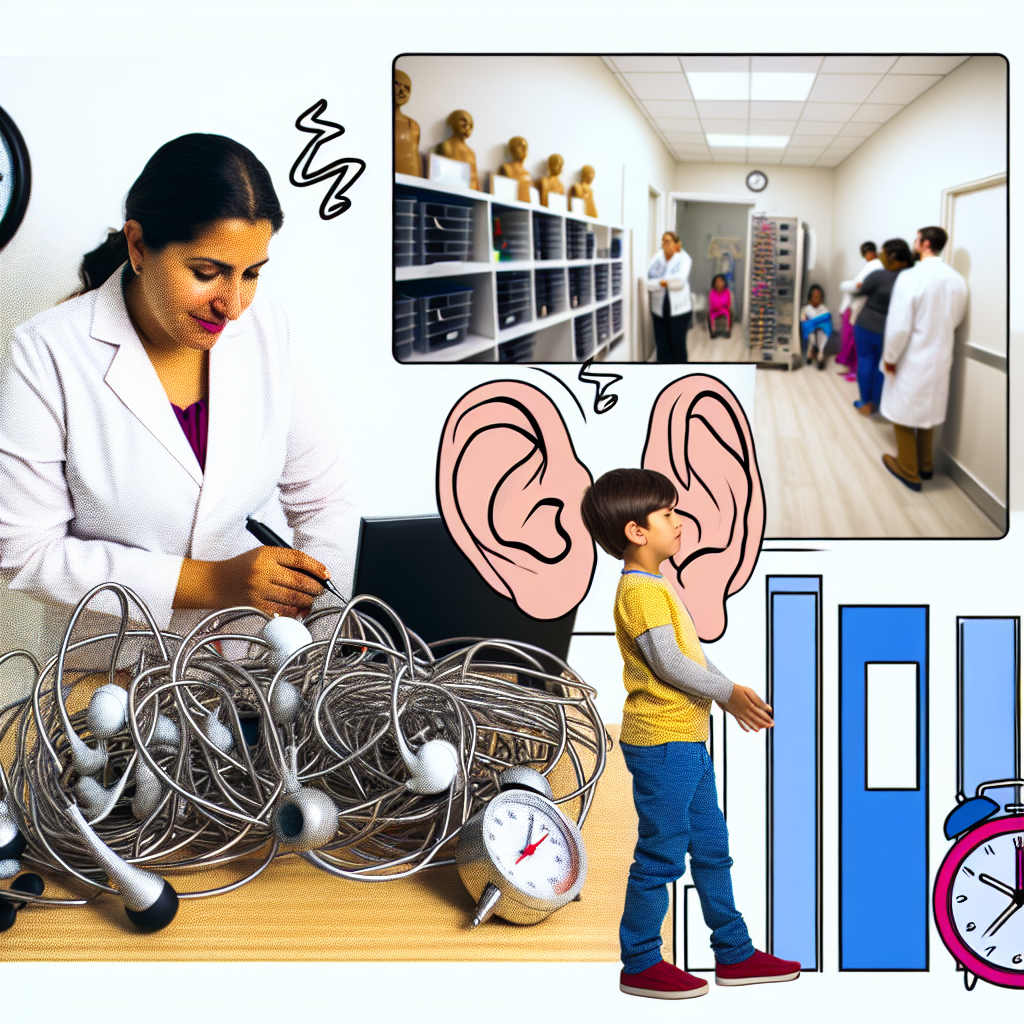
When considering a career in audiology or seeking hearing healthcare services, it’s important to understand both the benefits and potential disadvantages of working with an audiologist. While audiologists provide essential healthcare services, there are certain limitations and challenges that both practitioners and patients should be aware of.
Educational and Licensing Requirements
One of the primary disadvantages of becoming an audiologist is the extensive educational commitment required. Audiologists must complete a Doctor of Audiology (Au.D.) degree, which typically takes 4 years after earning a bachelor’s degree. This lengthy educational path means:
- High student loan debt accumulation
- Extended time before entering the workforce
- Continuous education requirements to maintain licensure
- Rigorous clinical training and internship requirements
Limited Scope of Practice
Another significant audiologist disadvantage is the restricted scope of practice compared to other healthcare professionals. Audiologists cannot:
- Prescribe medications for ear infections or other medical conditions
- Perform surgical procedures
- Treat certain medical conditions that affect hearing
- Make medical diagnoses beyond their scope of practice
This limitation often requires audiologists to refer patients to ENT specialists or other medical professionals for comprehensive treatment, which can delay patient care and create additional costs.
Insurance and Coverage Challenges
Hearing healthcare faces significant insurance coverage limitations that affect both audiologists and their patients. Many insurance plans:
- Provide limited coverage for hearing aids
- Don’t cover routine hearing testing for adults
- Have restrictions on hearing aid repairs and maintenance
- Require extensive documentation for coverage approval
Technology and Equipment Costs
The audiology profession requires significant investment in specialized equipment and technology. Disadvantages include:
- High costs for audiometric equipment and calibration
- Frequent technology updates requiring additional investment
- Maintenance and repair costs for diagnostic equipment
- Need for soundproof testing environments
Patient Compliance and Follow-up Challenges
Audiologists often face difficulties with patient compliance and follow-up care. Common issues include:
- Patients not wearing their hearing aids consistently
- Difficulty adjusting to new hearing aid technology
- Poor attendance at follow-up appointments
- Resistance to recommended hearing protection measures
Market Saturation and Competition
The hearing healthcare industry faces increasing competition from various sources:
- Over-the-counter hearing aid sales
- Online hearing aid retailers
- Big-box stores offering hearing services
- Limited job opportunities in certain geographic areas
Emotional and Physical Demands
Working as an audiologist can be emotionally and physically demanding. Challenges include:
- Dealing with patients experiencing hearing loss and related emotional distress
- Managing expectations about tinnitus therapy outcomes
- Repetitive physical tasks during testing procedures
- Long hours spent in clinical settings
Documentation and Administrative Burden
Audiologists must maintain extensive documentation and handle significant administrative responsibilities:
- Detailed patient records and test results
- Insurance claims and prior authorization requests
- Compliance with HIPAA and other regulations
- Continuing education documentation
Why Choose Professional Audiology Services
Despite these challenges, professional audiology services remain essential for proper hearing healthcare. At Cal Hearing, we understand these industry challenges and work to provide exceptional care across multiple service areas.
Comprehensive Services at Cal Hearing
Cal Hearing offers a complete range of audiology services designed to address your hearing healthcare needs:
- Hearing Testing: Comprehensive diagnostic evaluations using state-of-the-art equipment
- Hearing Aid Fitting: Professional fitting and adjustment services for optimal hearing aid performance
- Tinnitus Therapy: Specialized treatment options for tinnitus management
- Hearing Protection: Custom ear protection for various environments and activities
- Hearing Aid Repairs: Expert repair services to keep your hearing aids functioning properly
Our team works diligently to minimize the typical disadvantages associated with audiology services by providing personalized care, comprehensive follow-up, and ongoing support throughout your hearing healthcare journey.
Additional Resources and Support
For more information about hearing healthcare, visit our resources section and blog for the latest updates and educational content about hearing health, hearing aids, and audiology services.
Take the Next Step in Your Hearing Healthcare
While there are challenges in the audiology field, professional hearing healthcare remains crucial for maintaining your quality of life. Don’t let hearing difficulties go untreated. Contact Cal Hearing today to schedule your comprehensive hearing evaluation and discover how our experienced audiologists can help you achieve better hearing health.









